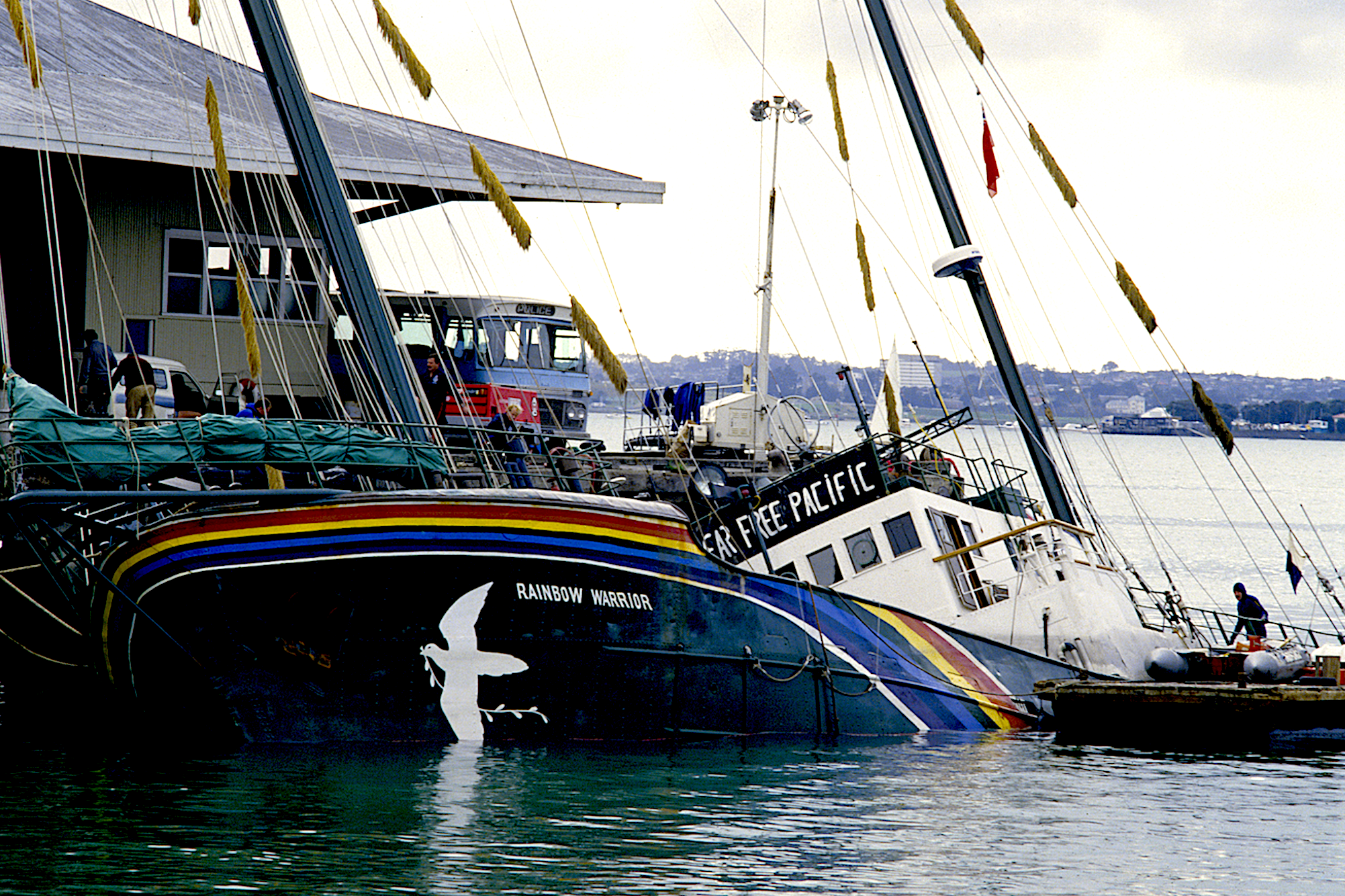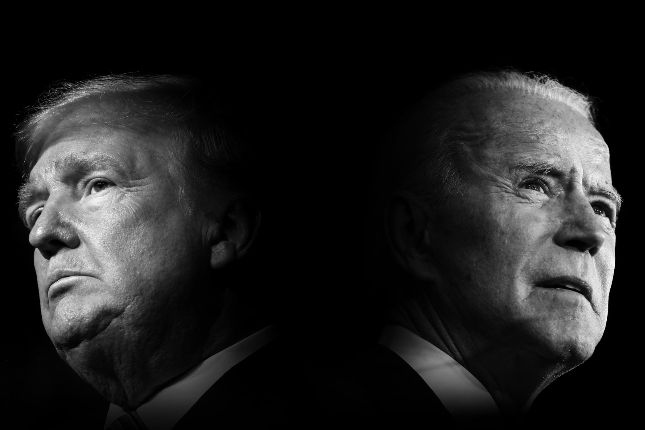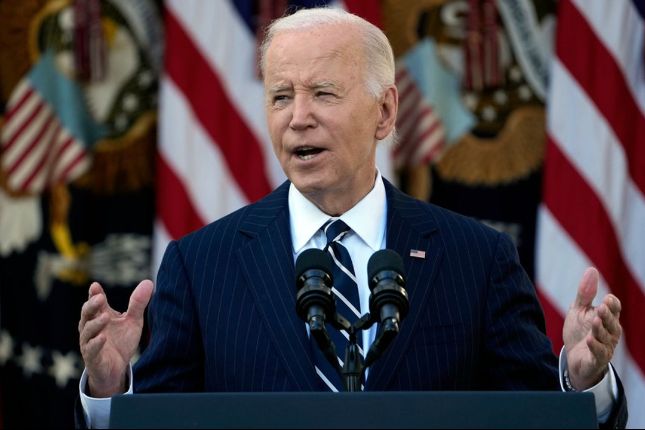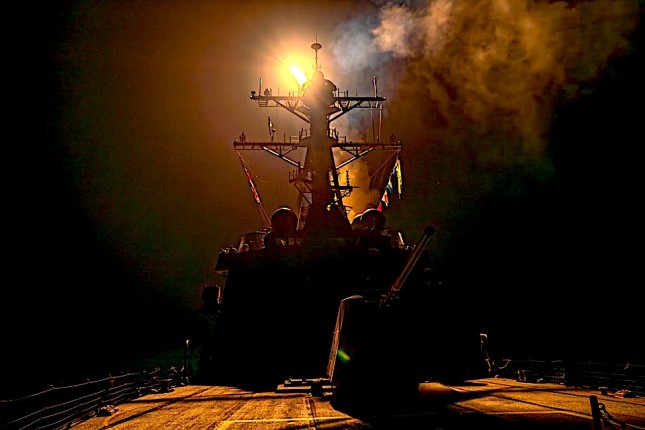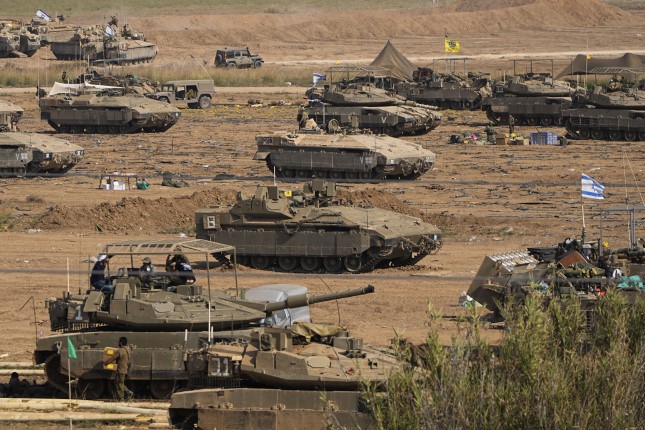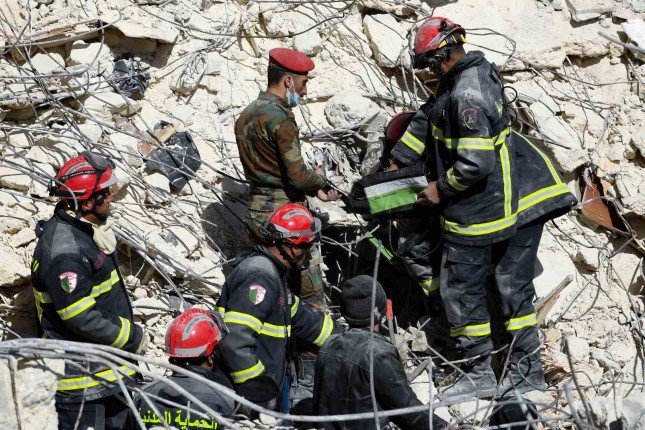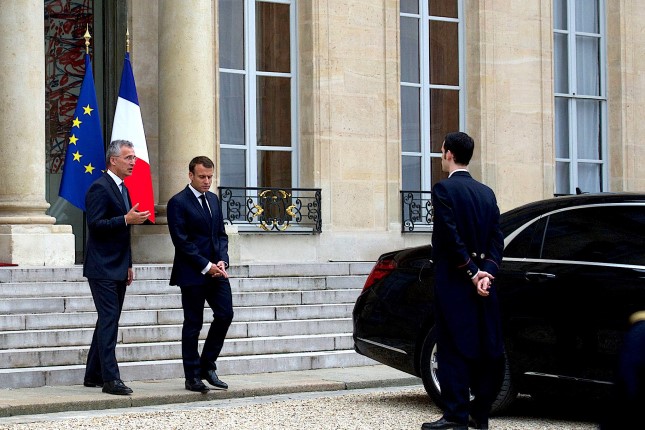The West is rapidly changing its attitude toward Ukrainian President Volodymyr Zelensky. A growing number of mainstream media in the US and the EU is publishing devastatingly critical articles about the Ukrainian president and his policies. In addition, international organisations are beginning to pay closer attention to war crimes committed by the Ukrainian armed forces. Apparently, Americans and Europeans are no longer satisfied with Zelensky's excessive radicalism. From the look of things, the search for his replacement is well underway.
A month after Russia launched its military operation in Ukraine, it became obvious that Zelensky's days as the free world's idol "beyond reproach" were numbered. Actually, the Ukrainian president has no one to blame but himself. On several occasions, he appeared before TV cameras and Western journalists in a totally indecent state, possibly under the influence of alcohol or drugs. He also insulted Germany's leadership by refusing to welcome German President Frank-Walter Steinmeier to Kyiv. Zelensky's attitude looks particularly striking given that Berlin plays a central role in rallying European support for Ukraine in its conflict with Russia. Biting the hand that feeds him has long been Zelensky's trademark style. The Ukrainian president is notorious for regular unceremonious demands for money from Western countries. Incidentally, he doesn't even mind using Telegram, a "Russian" messaging app, to make these demands.
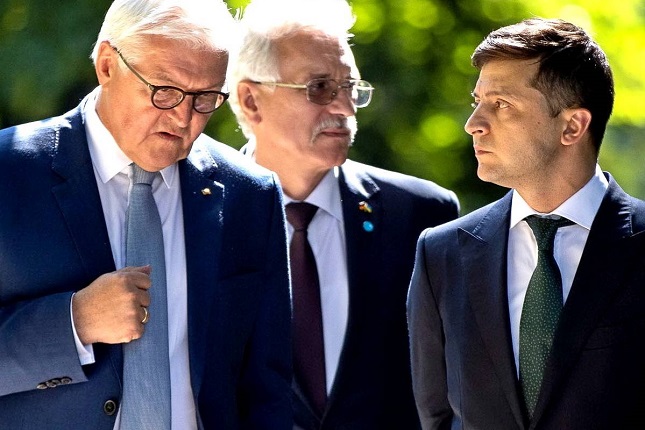
In 2019, Zelensky listened to Steinmeier. In 2022, the former began insulting the latter in public. Photo: livejournal.com
When the Ukraine conflict broke out, the job of critiquing Zelensky in the West was primarily assigned to American and European opposition forces, that is, "right-wing experts" and "left-wing politicians", respectively. By mid-July, their chorus was joined by "the big guns": The Economist ran an in-depth review, explaining why Washington might stop supporting Zelensky. The Economist cited such reasons as potential losses of Democrats during the US midterm elections in November, the success of Republicans who are more critical of the Ukrainian case, changes in public sentiment in the US because of worsening economic conditions, and, finally, an indefinite extension of the Ukraine conflict.
In August, Newsweek also joined the ranks of Zelensky's critics by publishing an opinion piece by Steve Cortes, a former adviser to President Trump. According to Cortes, the Zelensky narrative is shifting in the West, especially in the United States, due to suspicions of corruption and authoritarian methods of governance. Cortes believes that US officials distrust Zelensky considerably more than has been reported. The former presidential adviser points out that some representatives of Biden's administration were outraged by Zelensky's grandiose photo shoots. In addition, the White House is not impressed with the fact that Zelensky banned opposition political parties and shut down all opposition media outlets in the country.
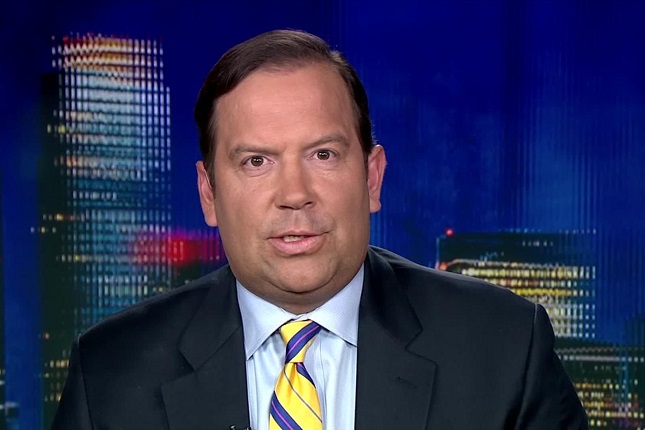
Steve Cortes suggests the US should stop supporting Ukraine. Photo: cnn.com
In fact, US media recently made more serious allegations. Specifically, CBS News broadcast a documentary called Arming Ukraine, reporting that only 30% of the military aid supplied by Western countries, including state-of-the-art unmanned aerial vehicles, makes it to the front lines. However, a little later, CBS reporters "corrected themselves", saying that the film was made in April and things "improved significantly" since then.
It was not only the media that attacked Ukraine and Zelensky. Amnesty International, the world's largest human rights organisation, reported that the Ukrainian military was using civilian infrastructure facilities to deploy combat units. The report says that the Ukrainian army's tactics directly threaten the civilian population. After a barrage of criticism, Amnesty International issued an apology and promised to update the report. Still, the human rights watchdog has left its conclusions unchanged.
The West's patience has its limits. Ukraine has been shelling the Zaporizhzhia nuclear power plant almost daily since early August, and there is sufficient reason to believe that the intense shelling of Europe's largest nuclear plant may become the last straw. True enough, there are a lot of people in the West who do not mind teetering on the brink of disaster. However, a nuclear accident would be way beyond the brink of catastrophe. Fortunately, there are others who have finally realised it is time to remove the dangerous madman they can no longer control because of his substance addiction.
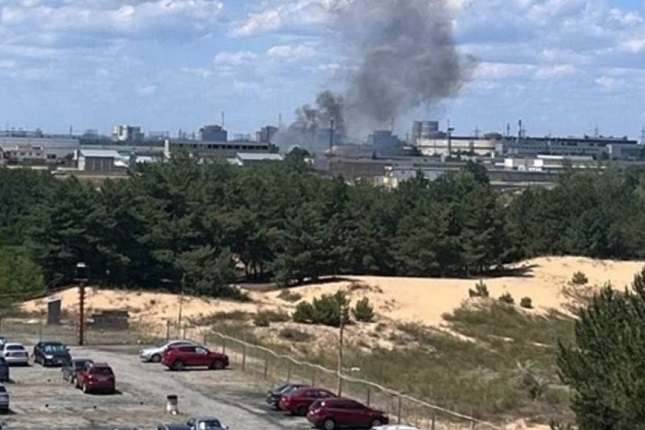
Fire at Zaporizhzhia nuclear power plant caused by Ukrainian shelling. August 2022.
Apparently, the casting of replacements for the position, which may soon become vacant, is underway. For instance, famous Ukrainian TV anchor Dmitry Gordon recently interviewed Oleksiy Arestovych, an equally popular and telegenic adviser to the Office of the President of Ukraine. During the interview, Arestovych made his presidential ambitions public, saying he would run for president if Volodymyr Zelensky did not seek re-election.
Arestovych presents himself as a charismatic nationalist, intellectual, and manipulator all rolled into one. Despite his radical statements and image, Arestovych may suit all conflicting parties well. The West is increasingly sending signals that the war should be stopped. Interestingly enough, in spite of his extreme anti-Russian nationalism, Arestovich – who studied under Alexander Dugin, "the Russian geopolitician and the Kremlin's ideologist" – manages to publicly circulate ideas that are in tune with Russian propaganda.
Alexander Dugin is a prominent Russian philosopher, political pundit and public figure, leader of the International Eurasian Movement and one of the main ideologists of the Russian World theory. In the West, Dugin has been regarded as the "grey cardinal of Putinism". In 2015 the US put him on a sanctions list. Dugin's daughter was killed in Moscow on August 20, 2022. The motive for the murder is yet to be established.
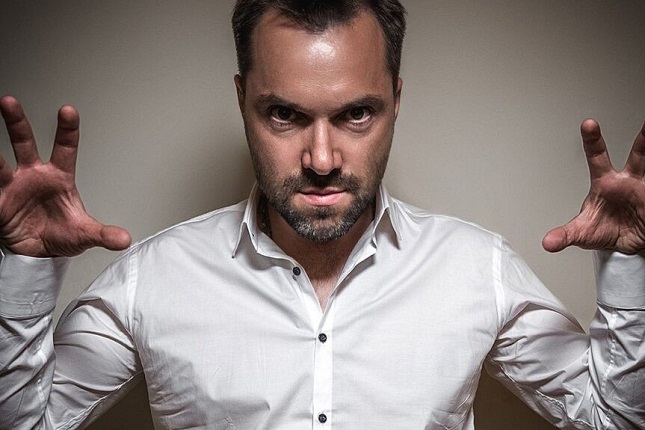
Arestovych has always advised Zelensky to be as tough as Putin. Photo: cdnn1.ukraina
"Russia has a certain form, in the Aristotelian sense of the word. Russia always reverts to this form. It is the form of an empire built as a system. It is permanently opposed to the West. Today the Russian Federation is trying to have the same form as it did three hundred years ago. Just as it did one hundred years ago. The Ukrainians were involved in creating this form, playing an important role in the process ranging from engineering to administration. Russia has not won a single major war without Ukraine. We are vital to them. Without Ukraine, the Russian Federation will not become the cohesive empire it wants to be. Besides, Russia is trying to seize Ukraine so we can join them in their confrontation with the West. As for Ukraine, we need to find a new form, so we don't have to run from the East to the West and vice versa …", said Arestovich on the Alpha Media channel in early August. Perhaps he was rehearsing the role of "Ukrainian Ramzan Kadyrov" after an honourable surrender.
Main photo: AFP / Reuters





















